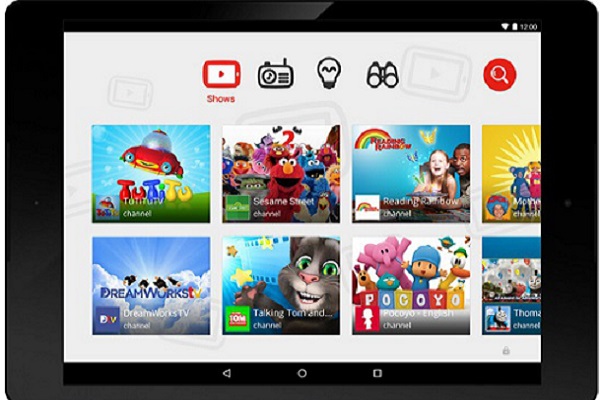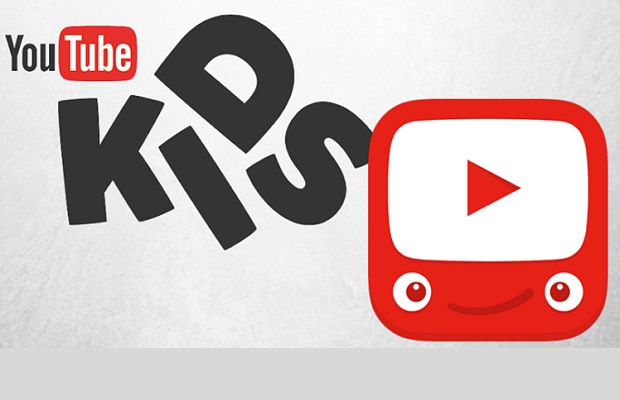US consumer watchdog groups have accused Google of blurring the line between ads and original content in its YouTube Kids app.
The coalition of consumer and child advocacy groups is asking the Federal Trade Commission to investigate Google’s YouTube Kids app, saying it is unfair and deceptive marketing aimed at children under five.
“It’s just one, long, uninterrupted ad,” said Jeff Chester of Democratic Media. “It turns back the clock 30 years in terms of the role that advertising plays in kids programming.”
The app, launched in February, is available on both the iPhone and Android platforms.
The YouTube Kids App features short videos that are algorithmically filtered for child-friendliness, according to Google, which also has a team that manually samples the videos to make sure they’re child-appropriate.
It also allows parents to set a timer on how long kids can view videos, to turn off the search functions so kids can only see videos on the home screen and it doesn’t collect any information from users.
However, Josh Golin, with the Campaign for a Commercial-Free Childhood, says there’s nothing child-friend about an app that delivers a steady stream of advertising masquerades as programming.
He called the app’s ad policy deceptive. For example, Google says it doesn’t accept food and beverage ads, but McDonald’s has its own channel on the site, which includes things like Happy Meal commercials.

The app includes popular shows such as shows from National Geographic Kids, DreamWorks TV, Jim Henson TV, Reading Rainbow and others.
But it’s also got multiple streams of what are known as “unboxing ads,” where someone unwraps candy or takes a toy out of its box and puts it together.
Advocates say the app ignores long-standing television safeguards meant to protect small children.
Clearer distinction needed for paid content?
Ian Twinn, Director of Public Affairs at advertiser trade body ISBA commented on the issue: “The UK has clearer rules for advertising around children’s content, including non-TV audio visual providers. The CAP rules apply. The rules for protecting children recognise their ability to understand when content is an ad. For us in the UK it is important that ads and commercial messages are properly flagged up and not pretending to be normal content.
“In fairness rules for TV need to be stricter as the content and the ads are pushed out to the audience. For digital media like YouTube it is the viewer, and with young children the parents, who opt to pull the content to them. Global advertisers will want to assure themselves that their content, that is designed to sell things is within the UK rules, or the rules in other countries if they are directing the messaging elsewhere.
“Of course there are campaigners who do not like any child to see any advert. No rules can ever satisfy them and it may be that the groups in the USA are more interested in a political outcome for new legislation than in advertising regulation,” Twinn concluded.

